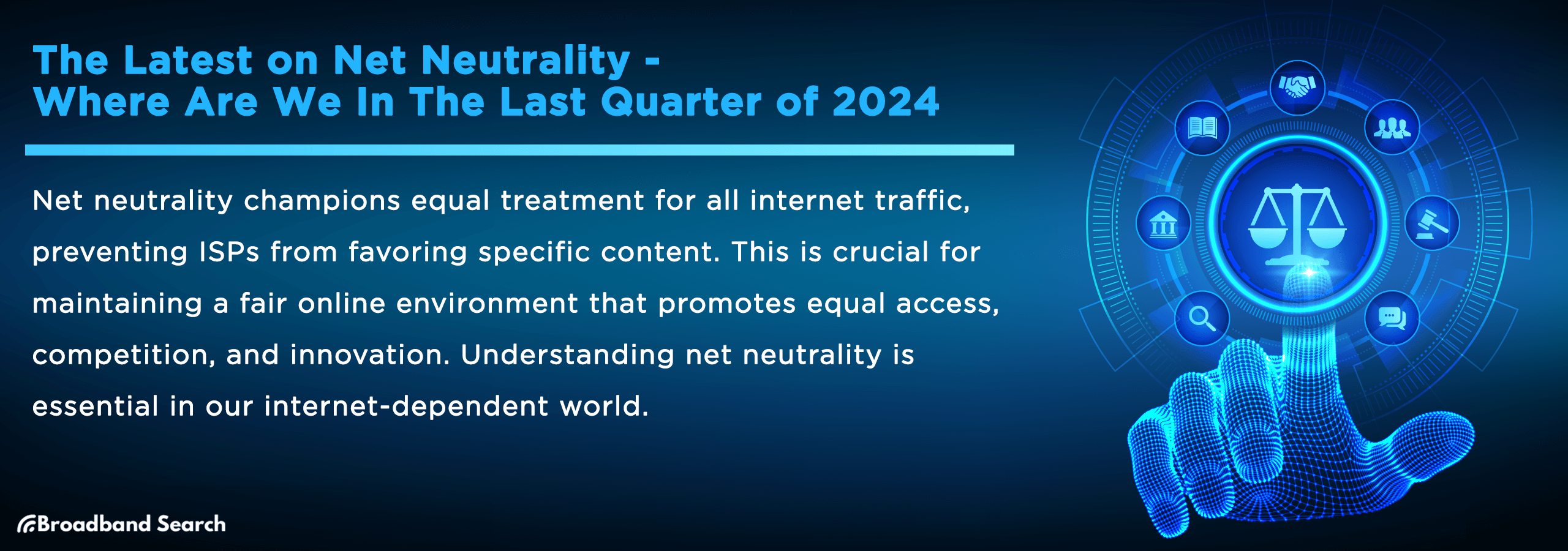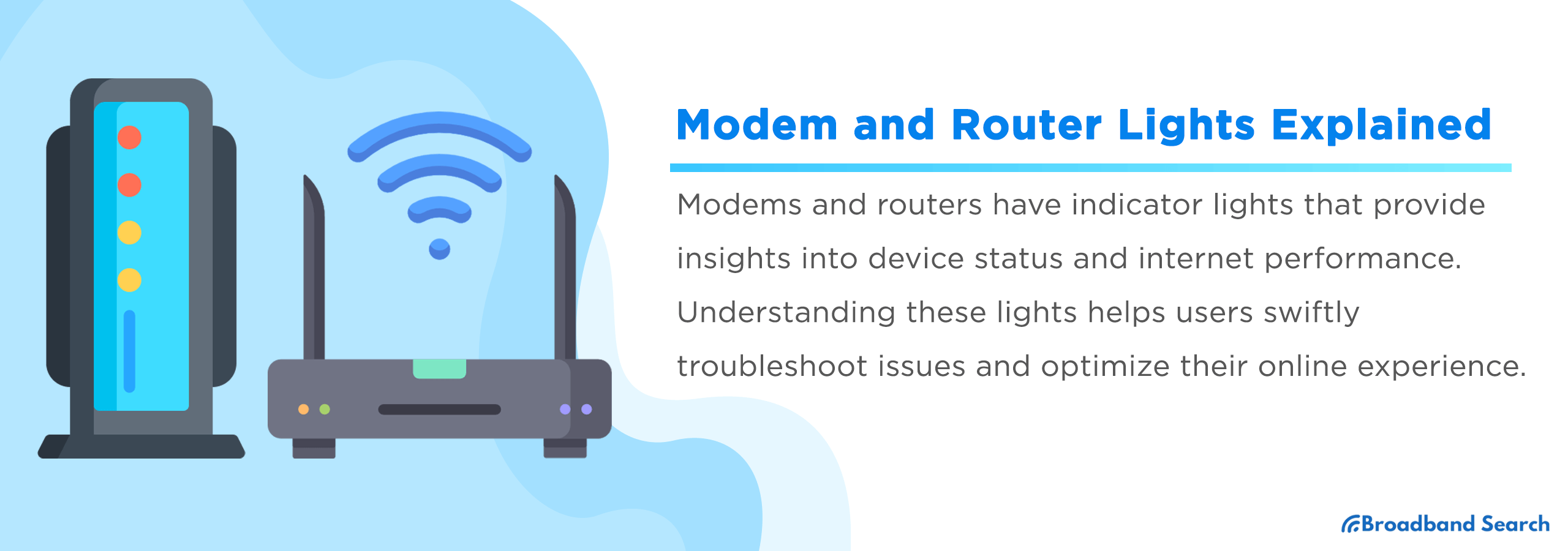Posted under: Blog
From historical roots to contemporary debates, we bring you up to speed on the ongoing saga of net neutrality and its global impact.
Posted under: Blog
Ease into the world of fiber internet installation with our beginner's guide, providing practical tips and expert advice for a seamless setup experience.
Posted under: Blog
Your modem and router lights can tell you a lot about your internet. Learn what they mean and how to keep your Wi-Fi running smoothly.
Posted under: Blog, Internet and Internet Speed Test
Posted under: Blog
The FCC Broadband Facts Label is a game-changer for consumers. Find out how it helps you navigate broadband options and choose the right service with confidence.
Posted under: Blog
Don't let lag hold you back. Explore proven methods to boost your satellite internet speed. From setup tweaks to ongoing maintenance, elevate your online experience to the next level.
Posted under: Blog and Internet
From cybersecurity fortresses to vulnerable frontiers, we'll explore which nations lead the charge and which lag in the ongoing battle against cyber threats.
Blog Categories |
|---|
| 245Blog |
| 61Internet |
| 8Resources |
| 7Social Media |
| 6Safety |
| 6Television |
| 5Facebook |
| 4Google |
| 4Xfinity |
| 4Youtube |
| 3Cyber Bullying |
| 3DSL |
| 3Netflix |
| 2Amazon Video |
| 2AT&T |

2024's net neutrality update: Delve into its history, current status, global views, and tech impacts on internet freedom.
Posted under: Blog
Easy fiber internet installation: From pre-installation prep to ISP setup and optimizing your network experience.
Posted under: Blog

Your modem and router lights can tell you a lot about your internet. Learn what they mean and how to keep your Wi-Fi running smoothly.
Posted under: Blog